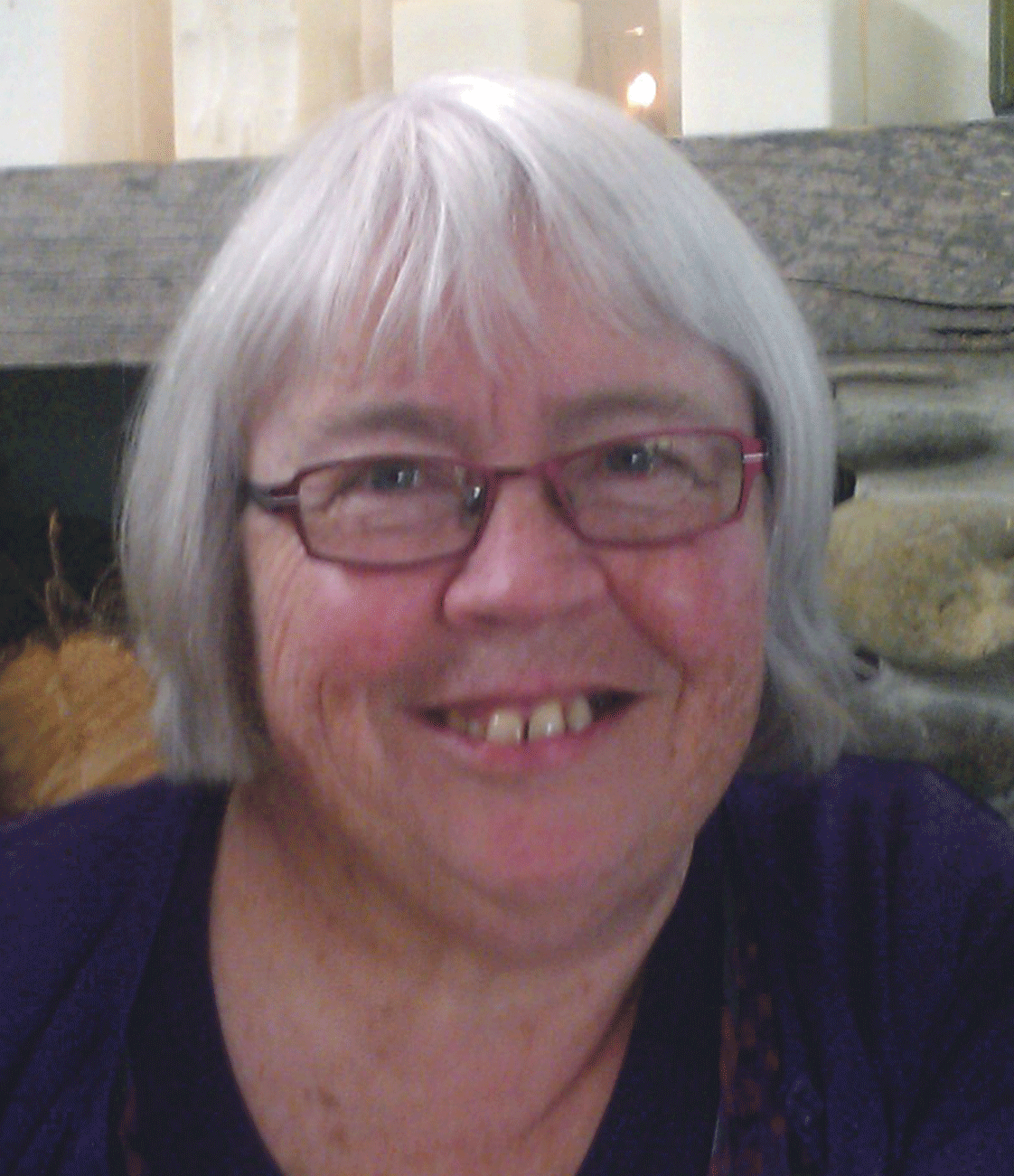 March 2015
March 2015
Feature
Maria Noonan
With Wel-Com’s focus in the March 2015 issue on young Catholic leadership, it is timely to share plans of a programme that raises awareness of abuse, and identifies ways we, in the Church, can actively work together to create a safe environment in our communities. Young leaders in New Zealand have developed standards, rooted in Gospel values and good professional practice, in Hikoi Tahi – Journeying Together: Standards for Catholic Youth & Young Adult Ministry in Aotearoa New Zealand.
In February this year, the Pontifical Commission for the Protection of Minors – of which Bill Kilgallon, Director of the National Office for Professional Standards New Zealand (NOPS), is a member – met in Rome. Prior to their meeting, Pope Francis made it clear he expects the Church on every level to implement ‘whatever steps are necessary to ensure the protection of minors and vulnerable adults and to respond to their needs with fairness and mercy’.
The main function of the Commission is to prevent abuse. It will share programmes of education and training to support Bishops and Religious Conferences worldwide. The aim is a consistent culture of safeguarding within the Catholic Church. Our attitudes, behaviours and decisions will reflect our commitment ‘to protect and respect the rights’ of all children, young people and vulnerable adults from abuse. Families will know they have every right to turn to the Church with full confidence.
Both the Church and New Zealand as a whole have had a painful confrontation with the high level of sexual abuse and domestic violence prevalent in our country; and of the lifelong scars abuse can have on individuals, families and society. The impact of such abuse is even more damaging when it has involved members of the clergy or religious as perpetrators or when they were instrumental in covering it up.
Abuse not only damages the individual’s life, but can be inter-generational and, at a fundamental level, betrays their trust in God. At a wider level, it is divisive and becomes a source of shame, humiliation and disenchantment. Pope Francis is clear such abuse must be stamped out. All religious and clergy must become accountable, whatever their status, and whether they have been involved in abuse or in covering it up.
There are systems of accountability in place in the Church in Aotearoa New Zealand to deal with complaints. Guidelines developed for clergy, religious, employees and volunteers provide a foundation for developing a safeguarding culture. The Bishops of New Zealand have signed a national statement, Faith Communities Against Family Violence, acknowledging that in our communities violence ‘is one of the most significant moral, spiritual and social challenges we face as a country’. The next stage in the Church is to make these living documents.
NOPS, established in 2004, oversees all complaints of abuse in the Church. This year it is developing a programme of training and awareness-raising to help prevent abuse. It will be developed on a national level for clergy, religious and leaders within the Church and then at a diocesan level for parish support.
The first aim is to provide a national and consistent vision to create and foster a secure physical, emotional and spiritual culture in our faith communities so all will be safe. The second is to invite all Church members to develop a ministry where, through prayer and action, all are safeguarded enabling everyone to enjoy the fullness of life in Jesus Christ.
The programme will raise awareness of a safeguarding context from perspectives of scripture, theology, human rights and legislation. It will identify attitudes, values and behaviours to be in place to promote a safeguarding culture in a Catholic context. It will raise awareness of all types of abuse – from physical, emotional and sexual abuse to internet and elder abuse – and how to see, notice and do something to protect the young and the vulnerable. And it will look at practical ways faith communities can create safe environments through policy development and good practice.
We want to see our young Church-community leaders embrace these opportunities for training, so in their current work and future lives they embed a safeguarding culture within the Church. This practice will not only help, as Pope Francis puts it, ‘keep the wolf from the fold’, but it will also foster a faith community, which works to create a society free from abuse and violence and which safeguards all children so they thrive.
Maria Noonan is the Safe Church Programme Leader for the Catholic Church in New Zealand’s National Office for Professional Standards.